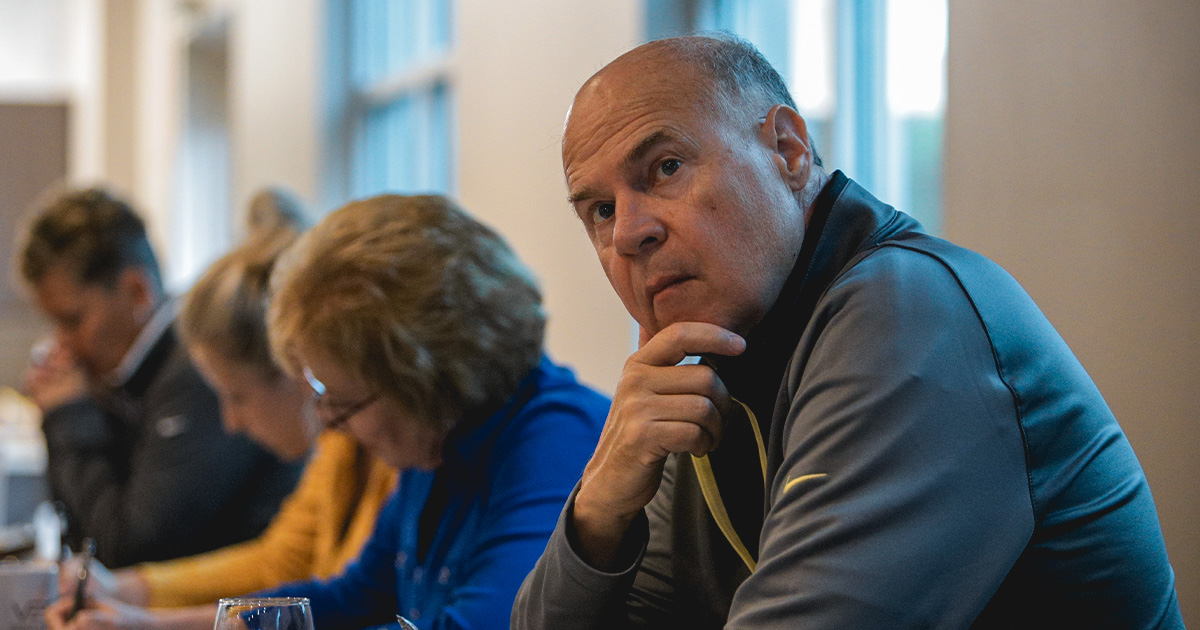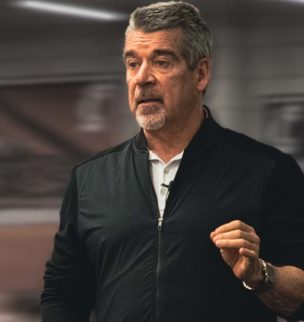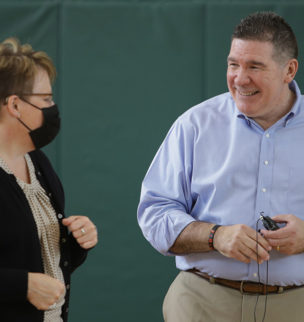“It ain’t what you don’t know that gets you into trouble.
It’s what you know for sure that just ain’t so.”
— Mark Twain —
The big message today: Be humble. Be wise. Don’t believe everything you think.
Having said that, the prevailing mindset in our culture is to use personal preference and strong feelings as the reference point for what we believe to be true. Most people think a thing is good or true simply because it is something they happen to like or feel strongly about. Conversely, they think a thing is untrue or bad simply because it is something they don’t like or don’t feel good about.
The result? A failure to think critically and giving in to the temptation to declare, demand, and denounce with undisciplined impulse.
Another factor feeding this problem is the tendency to form personal preferences based on what is popular and fashionable in the culture. Ask people for their perspective on an issue, and you are likely to hear opinions that are more socially-derived than thoughtfully-developed.
Rather than carefully reasoned beliefs, it is becoming the norm to espouse opinions based on the narratives and sound bites that are continually repeated in the media. We are experiencing a frightening deficiency of thoughtful perspectives based on objective information and disciplined thinking.
Many people develop a misplaced confidence about what they believe simply because they read something on the internet or hear something in the news that aligns with how they feel. They don’t seek truth or context; they seek affirmation of their feelings and confirmation of their opinion. They focus and fixate on sound-bites and talking points, and avoid the essential process of disciplined evaluation.
Here’s the reality: Having a strongly held opinion does not give you credibility. Pundits, politicians, and provocateurs love to claim their opinions are based on “facts,” even though their “facts” are often selective, incomplete, and chosen to support a political agenda or personal preference. Sometimes their “facts” are simply untrue. Confirmation bias runs rampant these days.
In the midst of this disorienting and misleading cultural noise, what is needed is clear and careful reflection. We need to be humble and disciplined in our thinking process. We need the courage to challenge our own assumptions and opinions, which is essential for growth. We need the wisdom to recognize that not everything we think or feel is correct.
Wisdom warns us to resist the temptation to impulsively declare an opinion without doing our homework. The challenge is to do the disciplined — and often uncomfortable — work of discovering what is true and good and then aligning our life with it.
Here is a bold but needed statement: If you haven’t done your homework thoroughly, then stay quiet and keep evaluating. The world does not need your impulsive proclamations. Claiming something to be true is no substitute for doing the hard work of discovering what is actually true and then expressing it wisely.
Be humble. Be wise. Don’t believe everything you think.


